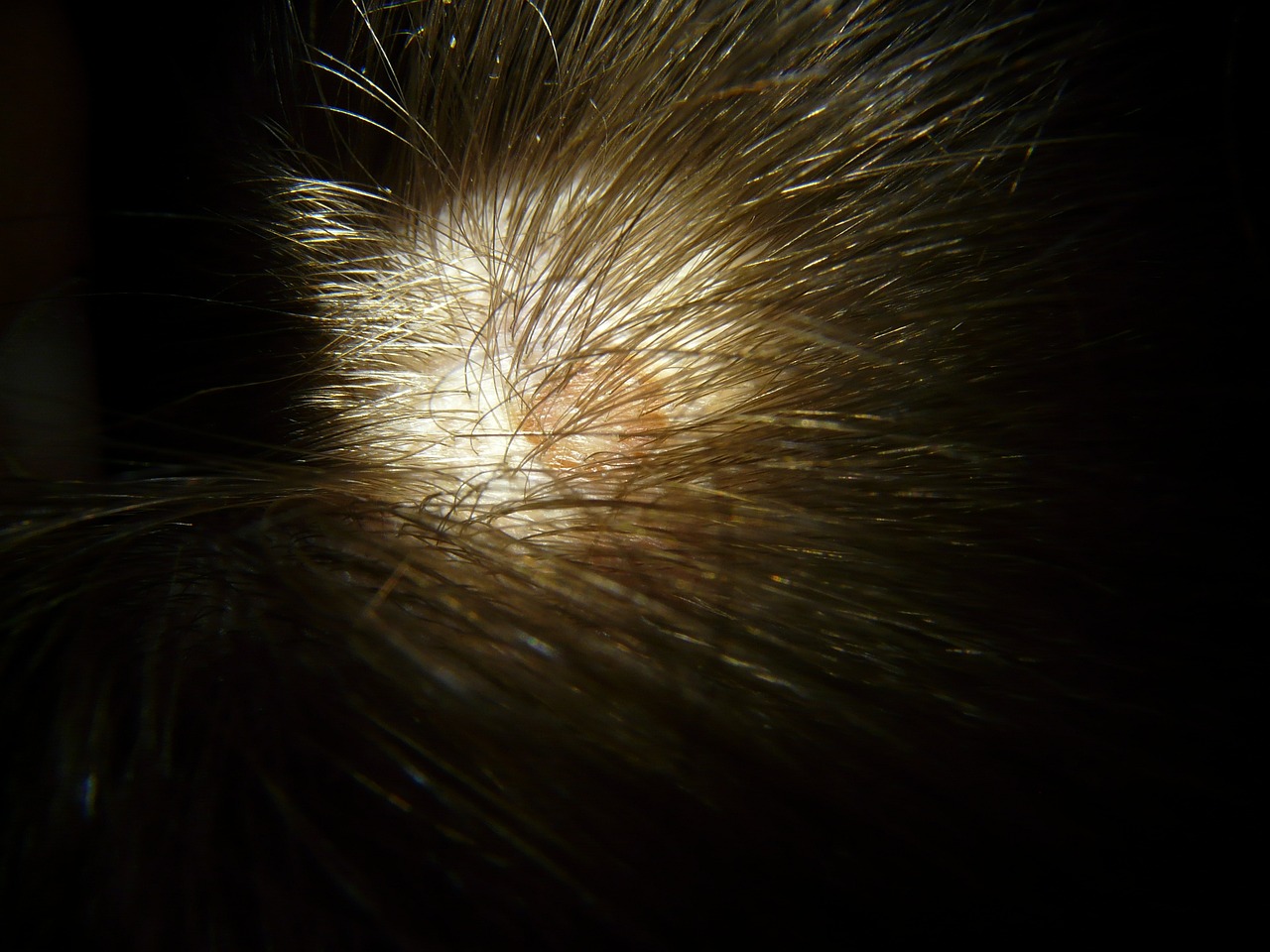The Importance of Scalp Care in Hair Health

When it comes to achieving healthy, luscious hair, many of us focus on shampoos, conditioners, and styling products. However, the secret to strong and vibrant hair starts at the root—literally. Scalp care is the foundation of hair health, and neglecting it can lead to a host of problems, from hair thinning to dandruff. Here’s why scalp care deserves a spot in your haircare routine.
Why Scalp Care is Crucial
Supports Hair Growth
- A clean and well-nourished scalp creates the ideal environment for healthy hair follicles to thrive.
Prevents Hair Loss
- Build-up from products, oil, and dead skin can clog hair follicles, potentially leading to hair thinning or loss.
Reduces Dandruff and Irritation
- Proper scalp care can help control issues like dryness, flaking, and itchiness caused by conditions such as seborrheic dermatitis.
Balances Oil Production
- A well-maintained scalp helps regulate oil production, preventing both dryness and greasiness.
Improves Hair Texture
- Healthy hair starts with a healthy scalp, contributing to shinier, smoother, and more resilient strands.
Signs Your Scalp Needs Attention
- Itching or irritation
- Excess oiliness or dryness
- Flaking or dandruff
- Hair thinning or slow growth
- A feeling of tightness or sensitivity
Steps to a Healthy Scalp
1. Regular Cleansing
- Why: Removes dirt, excess oil, and product build-up.
- How: Use a gentle, sulfate-free shampoo suited to your scalp type. Avoid over-washing, which can strip natural oils.
2. Exfoliation
- Why: Clears dead skin cells and unclogs hair follicles.
- How: Use a scalp scrub or chemical exfoliant (e.g., salicylic acid) once a week for deep cleaning.
3. Scalp Massage
- Why: Stimulates blood circulation, promoting nutrient delivery to hair follicles.
- How: Gently massage your scalp with your fingertips or a scalp massager for 5-10 minutes daily.
4. Hydration and Moisturization
- Why: Prevents dryness and soothes irritation.
- How: Use lightweight, non-greasy scalp oils like jojoba or tea tree oil to hydrate and balance the scalp.
5. Address Specific Concerns
- For dandruff: Use medicated shampoos with ingredients like zinc pyrithione or ketoconazole.
- For dryness: Opt for hydrating masks or treatments with aloe vera or glycerin.
6. Protect from Environmental Damage
- Why: UV rays and pollution can damage the scalp, leading to oxidative stress.
- How: Wear hats or use hair products with SPF when exposed to the sun.
Natural Ingredients for Scalp Care
- Tea Tree Oil: Fights dandruff and soothes irritation.
- Aloe Vera: Hydrates and calms an itchy scalp.
- Apple Cider Vinegar: Balances pH levels and removes build-up.
- Rosemary Oil: Stimulates hair growth and improves circulation.
Common Scalp Care Mistakes to Avoid
Overusing Dry Shampoo
- Dry shampoo can temporarily absorb oil, but excessive use can clog pores and dry out your scalp.
Skipping Exfoliation
- Neglecting to exfoliate leads to build-up, which can suffocate hair follicles.
Using Harsh Products
- Sulfates and alcohol-based products can strip your scalp of essential oils, causing dryness and irritation.
Ignoring Your Scalp During Conditioning
- While conditioners are mainly for hair strands, a scalp-specific conditioner or treatment can boost hydration.
When to See a Specialist
If you’re experiencing persistent scalp issues such as severe dandruff, hair loss, or unexplained itching, consult a dermatologist or trichologist for targeted solutions.
The Bottom Line
Healthy hair starts with a healthy scalp. By incorporating scalp care into your routine, you’ll not only address common hair concerns but also promote stronger, shinier, and more resilient locks.
Would you like a tailored scalp care routine or recommendations for the best scalp-friendly products?
